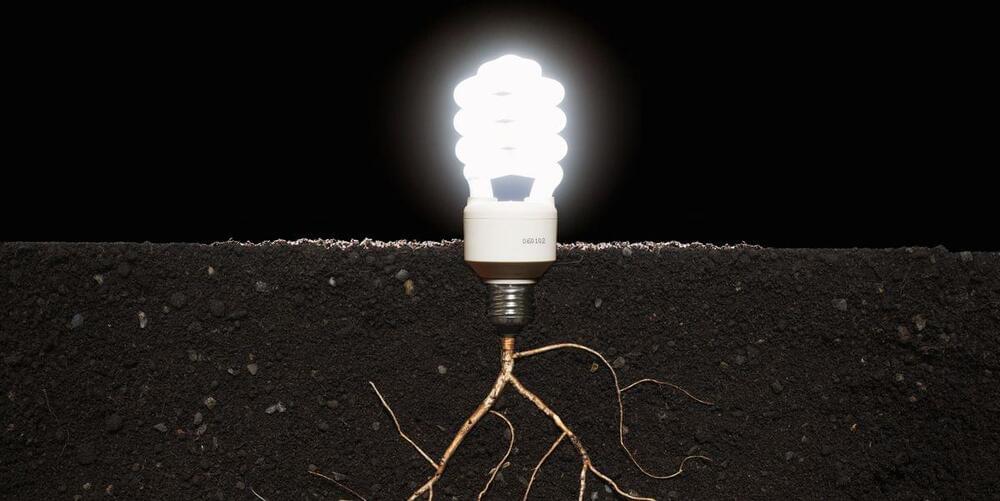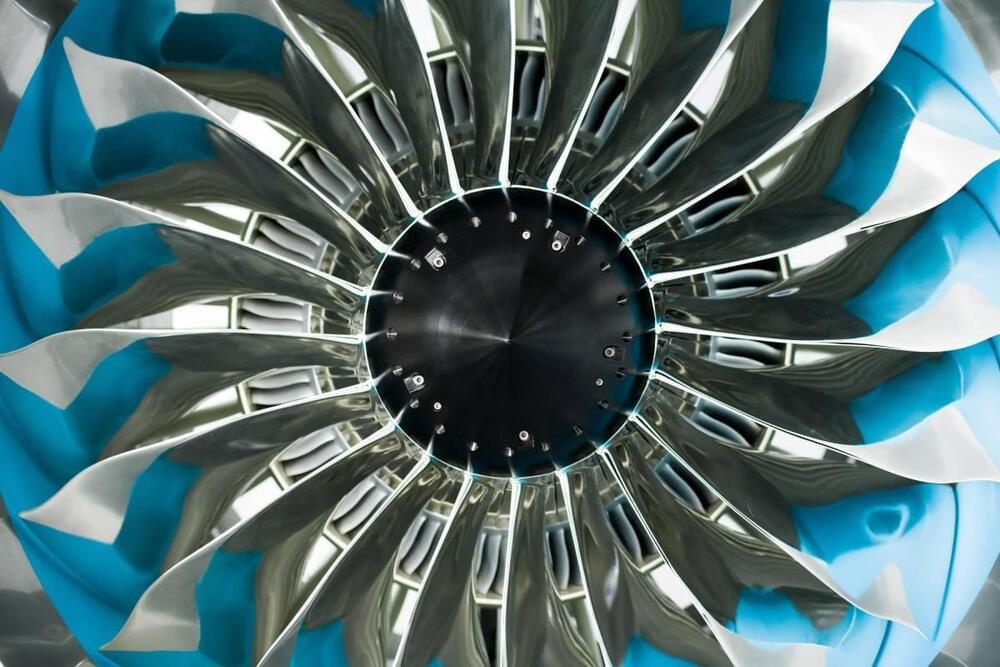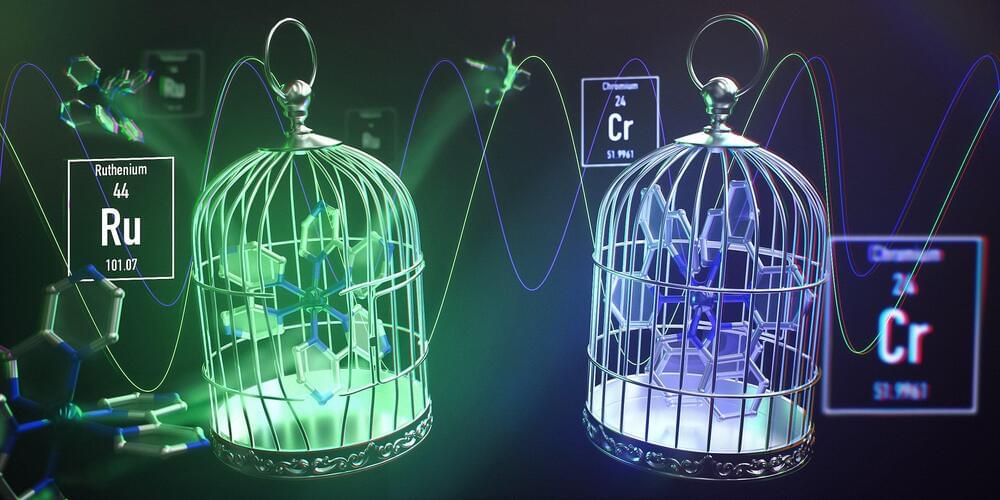Archive for the ‘energy’ category: Page 45
Mar 30, 2024
By Harnessing the Unlimited Vacuum Energy In Space, We Could Finally Reach Light Speed
Posted by Genevieve Klien in categories: energy, nanotechnology, space
Invisible vacuum energy is all around us. We could use it to power propulsion, enhance nanostructures, and build levitating devices.
Mar 29, 2024
Two Scientists Are Building a Real Star Trek ‘Impulse Engine’
Posted by Dan Breeden in categories: energy, space
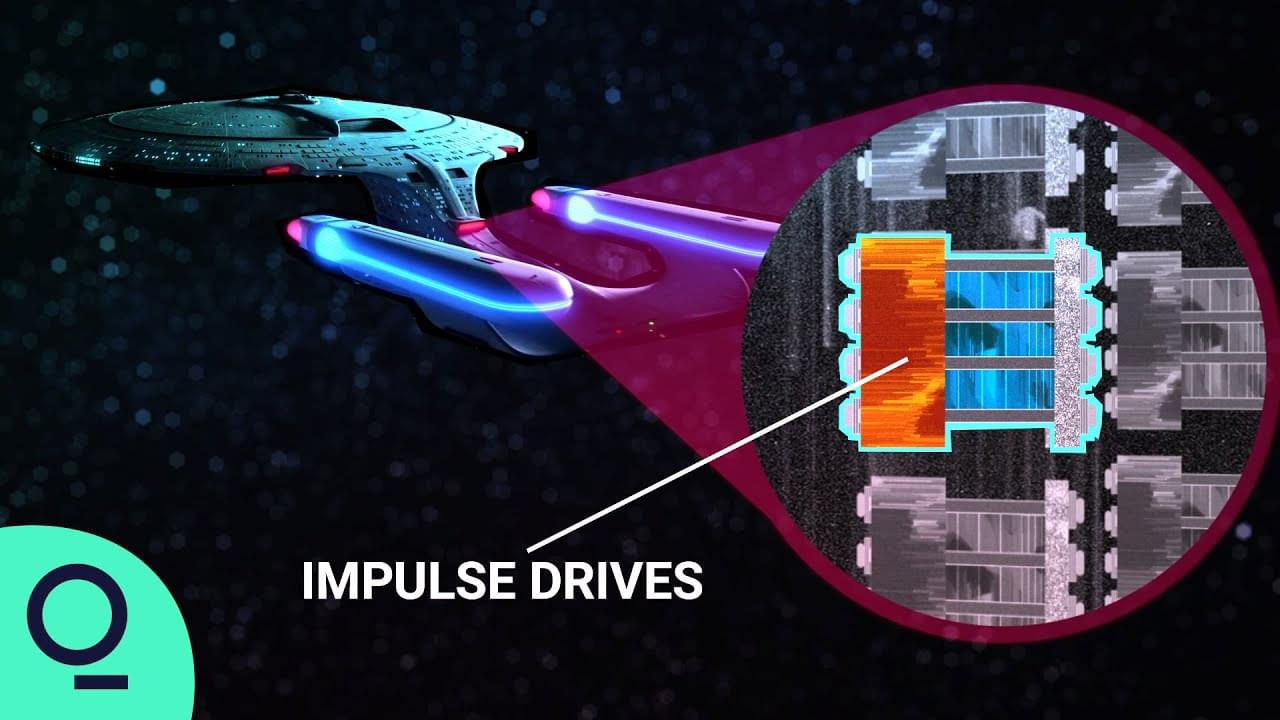
Space may be the final frontier, but we can’t go far on rocket fuel. Now, two scientists are working on a device that may one day make the \.
Mar 29, 2024
Fuel-cell train travels more than 1,700 miles on one tank of hydrogen
Posted by Shailesh Prasad in categories: energy, transportation

A hydrogen fuel-cell passenger train developed by Swiss rail vehicle maker Stadler Rail has achieved a new Guinness World Record, traveling for almost two days around the clock for a distance of 1,741.7 miles.
Efforts to clean up dirty trains are already well underway, with heavy investment in electrifying networks around the world as well as rolling out battery-electric locomotives such as the FLXDrive, the Blues train and the Flirt Akku.
Continue reading “Fuel-cell train travels more than 1,700 miles on one tank of hydrogen” »
It ‘flies’ in a figure-of-8 pattern against the tidal flow.
The World Economic Forum’s Clean Power, Grids and Electrification initiative is focused on delivering a rapid and responsible energy transition.
Mar 27, 2024
Evari turns to rocket science to solve problems with heat pumps
Posted by Gemechu Taye in categories: energy, science
The startup emerged from stealth with a goal of extending the range of EVs while also eliminating fossil fuels from home heating.
Mar 27, 2024
Swiss hydrogen-powered train sets 1741-mile record for nonstop travel
Posted by Gemechu Taye in categories: energy, transportation
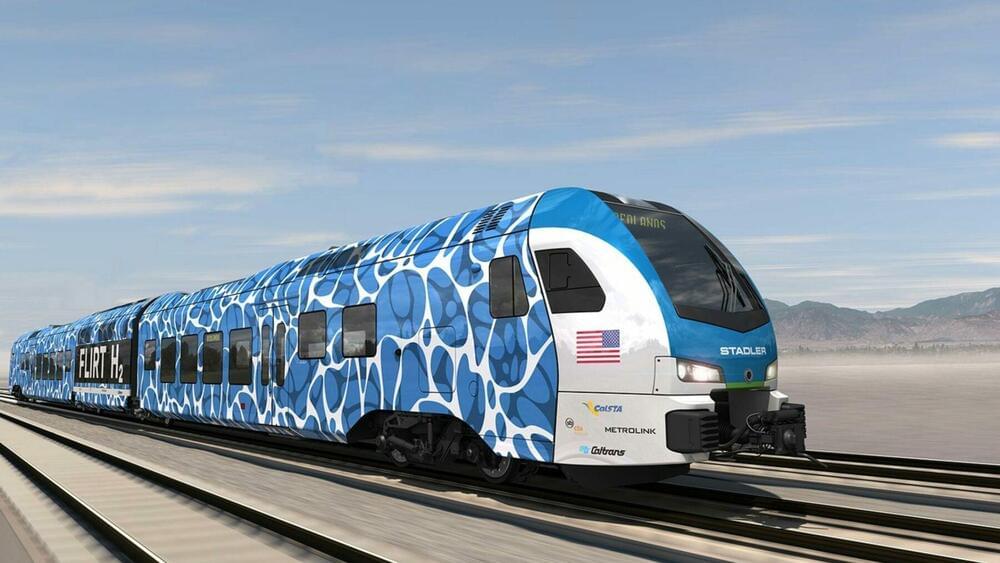
The attempt began on the evening of March 20, and GWR officials were present at the test site. Engineers from Stadler drove the train in shifts over the night and the following day. When the train stopped at 5:23 pm on March 22, it had traveled 1,741.7 miles (2,803 km) over 46 hours, all on a single fuel tank.
This is six times the distance of FLIRT H2’s advertised range – 285 miles (460 km). However, it is unlikely to be replicated in real-life scenarios since the train did not stop and start multiple times during the record attempt, nor did it travel on different inclines. Nevertheless, it showcased the ability of hydrogen fuel as a potential power source for trains.
Mar 27, 2024
Toyota to launch electric Hilux pickup by 2025 as Japanese rival aims to beat it to market
Posted by Shailesh Prasad in categories: energy, transportation
An all-electric Toyota pickup may be closer than expected. According to the company’s Thailand president, Toyota will launch an electric Hilux pickup by the end of 2025. The move comes after Japanese rival Isuzu is set to reveal its first 100% electric truck later this month.
Toyota’s Hilux is one of the top-selling pickup trucks globally, so it would make sense for an all-electric version.
The Toyota Hilux is built in six nations with sales across 180 countries and regions. Despite releasing its first “electrified” Hilux Hybrid 48V in December, it still featured a 2.8L diesel engine. The update provided a modest 5% improvement in fuel efficiency.
Mar 26, 2024
Time Travel for Tomorrow: Using Future Perspectives To Shape Today’s Tech
Posted by Saúl Morales Rodriguéz in categories: energy, sustainability, time travel
Researchers at Osaka University have discovered that considering sustainability issues through the lens of “imaginary future generations” provides valuable perspectives on technological advancements and trends in society.
The world stands on the brink of a crucial environmental threshold; the choices we make today about energy, resources, and the environment will have profound consequences for the future. Despite this, most sustainable thought tends to be limited to the viewpoint of current generations.
In a study published in Technological Forecasting and Social Change, researchers from Osaka University have revealed that adopting the perspective of “imaginary future generations” (IFGs) can yield fascinating insights into long-term social and technological trends.
Mar 26, 2024
The Dawn of Green Chemistry: Researchers Unveil Tenfold Increase in Reaction Efficiency
Posted by Saúl Morales Rodriguéz in categories: chemistry, energy, sustainability
Anyone who wants to produce medication, plastics or fertilizer using conventional methods needs heat for chemical reactions – but not so with photochemistry, where light provides the energy. The process to achieve the desired product also often takes fewer intermediate steps.
Researchers from the University of Basel are now going one step further and are demonstrating how the energy efficiency of photochemical reactions can be increased tenfold. More sustainable and cost-effective applications are now tantalizingly close.
Industrial chemical reactions usually occur in several stages across various interim products. Photochemistry enables shortcuts, meaning fewer intermediate steps are required. Photochemistry also allows you to work with less hazardous substances than in conventional chemistry, as light produces a reaction in substances which do not react well under heat. However, to this point there have not been many industrial applications for photochemistry, partly because supplying energy with light is often inefficient or creates unwanted by-products.
